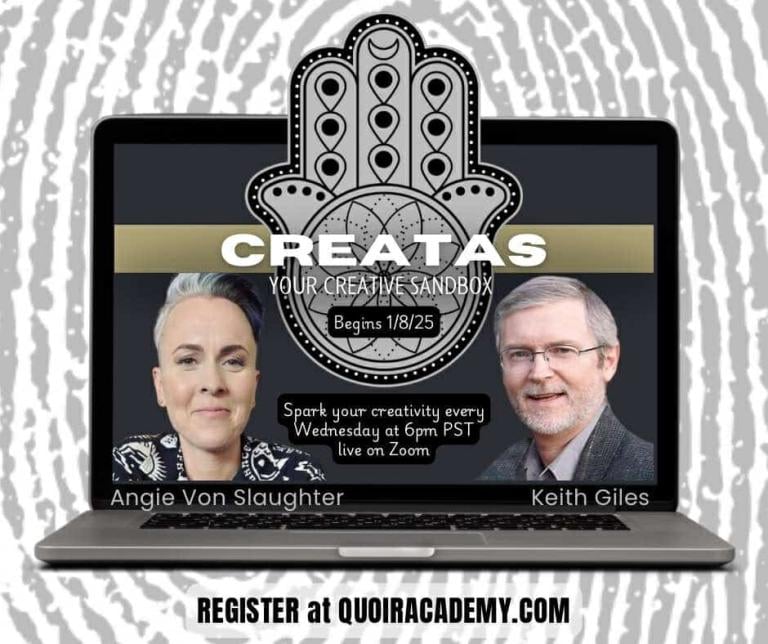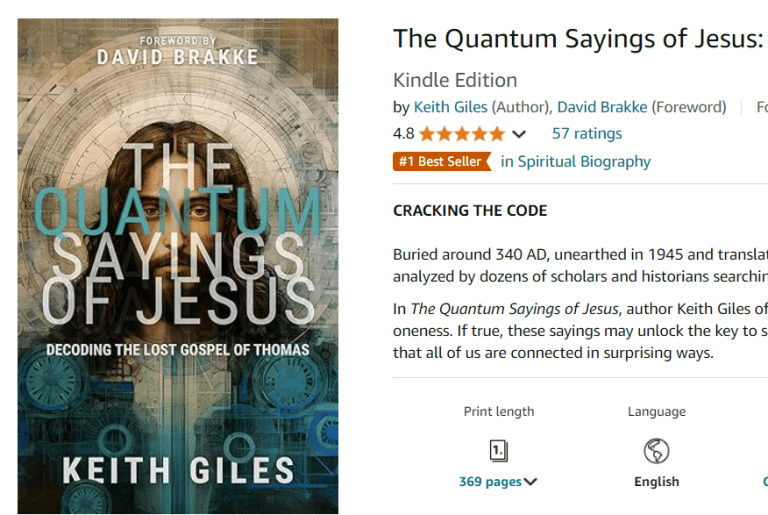
Do you ever feel like your social media feed is a constant barrage of bad news? It’s like the algorithm is on a mission to remind us how broken the world is—wars, tragedies, political chaos, you name it. And yeah, those things are real, but does it have to be all we see?
What if I told you there’s a way to change that? A way to retrain the algorithm to deliver good news—stories of hope, progress, kindness, and joy. It might sound too simple, but stay with me. I think it’s possible, and here’s how.
1. The Algorithm Reflects What We Seek
First, let’s talk about the algorithm. Social media platforms are designed to feed us more of what we engage with. If you click on a video about conspiracy theories, guess what? You’re going to see more conspiracy theories. The same goes for sensationalized headlines, heated debates, or even cute cat videos. The algorithm doesn’t care what you’re looking at; it just wants to keep you looking.
Now, imagine if we used this to our advantage. Instead of doomscrolling or getting sucked into divisive content, we could intentionally seek out positive, uplifting stories. Search for “random acts of kindness” or “scientific breakthroughs.” Spend time reading stories about communities coming together or individuals making a difference.
Every time you click on a positive story, you’re sending a signal to the algorithm: Hey, this is what I want more of!
2. We Find What We’re Looking For
This idea reminds me of something a friend shared in a recent conversation. He said, “We can retrain the algorithm to send us good news, but it’s also about retraining ourselves to look for it.” And he’s right.
It’s like when you’re shopping for a red car. Suddenly, you notice red cars everywhere. It’s not that there are more red cars; it’s that you’ve trained your brain to notice them. The same is true for good news. When we start actively searching for it, we’ll realize it’s always been there—we just weren’t paying attention.
3. A Ripple Effect of Positivity
Here’s where it gets really exciting. When we start filling our feeds with good news, we’re not just changing our experience; we’re creating a ripple effect. Every time we like, comment on, or share a positive story, it has the potential to reach others.
Think about it: when you share a story about a scientific breakthrough or a community overcoming hardship, you’re planting seeds of hope. You’re showing your friends and followers that, yes, the world is broken in many ways, but it’s also beautiful.
And let’s be honest—most of us need that reminder.
4. Training the Algorithm, Training Ourselves
The idea of retraining the algorithm is also about retraining our own hearts and minds. It’s not just about changing what we see online; it’s about changing what we focus on in life.
If we train ourselves to notice acts of kindness, moments of beauty, and reasons to hope, we’ll find them more often. And when we find them, we can share them—not just online but in our conversations, in our actions, and in the way we move through the world.
5. The World Isn’t Perfect, But It’s Still Good
Let’s be clear: looking for good news doesn’t mean ignoring the hard stuff. The world is still full of challenges, and we need to stay informed and engaged. But it’s about balance. It’s about remembering that for every story of pain, there’s a story of healing. For every act of hate, there’s an act of love.
As one of my friends said, “We can generate good news within ourselves.” That stuck with me. Because when we focus on the positive, it doesn’t just change what we see—it changes who we are. And that, in turn, changes how we show up in the world.
6. Starting the New Year with Intention
So, as we step into this new year, what if we made it a goal to retrain the algorithm—and ourselves? What if we intentionally sought out stories that remind us of the goodness in the world? What if we became curators of hope, spreading light in a space that often feels dark?
It doesn’t take much. Start small. Search for good news, like stories of innovation, human connection, or ecological progress. Engage with those posts. Share them. Talk about them.
Let the algorithm know: This is what I want to see more of.
A Final Thought
Here’s the thing: the algorithm will always give us what we ask for. So let’s ask for more good news. Let’s create a feedback loop of hope, positivity, and inspiration—not just online but in our lives.
Because at the end of the day, we find what we’re looking for. And if we’re looking for hope, for goodness, for reasons to believe in a better world, we’ll find them.
Let’s make that our resolution this year. Let’s retrain the algorithm—and ourselves—to seek the good. Who knows? We just might find more of it than we ever imagined.
**

Excited to announce the new weekly online course I’ll be co-hosting with artist/musician Angie Von Slaughter starting Wednesday, January 8th.
Are you a creative person who struggles to find new ideas? Or maybe you’ve got too many ideas but you just don’t know how to get started? This course is a Live Online Zoom call where we gather with other artists to explore creativity and share exercises and prompts to help us unlock our creativity together.
Register now and save 20% off for a limited time only>

The newest book from Keith Giles, “The Quantum Sayings of Jesus: Decoding the Lost Gospel of Thomas” is available now on Amazon. Order HERE>
Keith Giles is the best-selling author of the Jesus Un series. He has appeared on CNN, USA Today, BuzzFeed, and John Fugelsang’s “Tell Me Everything.”
He co-hosts The Heretic Happy Hour Podcast and his solo podcast, Second Cup With Keith which are both available on Spotify, Amazon, Apple, Podbean or wherever you find your podcast fix.













